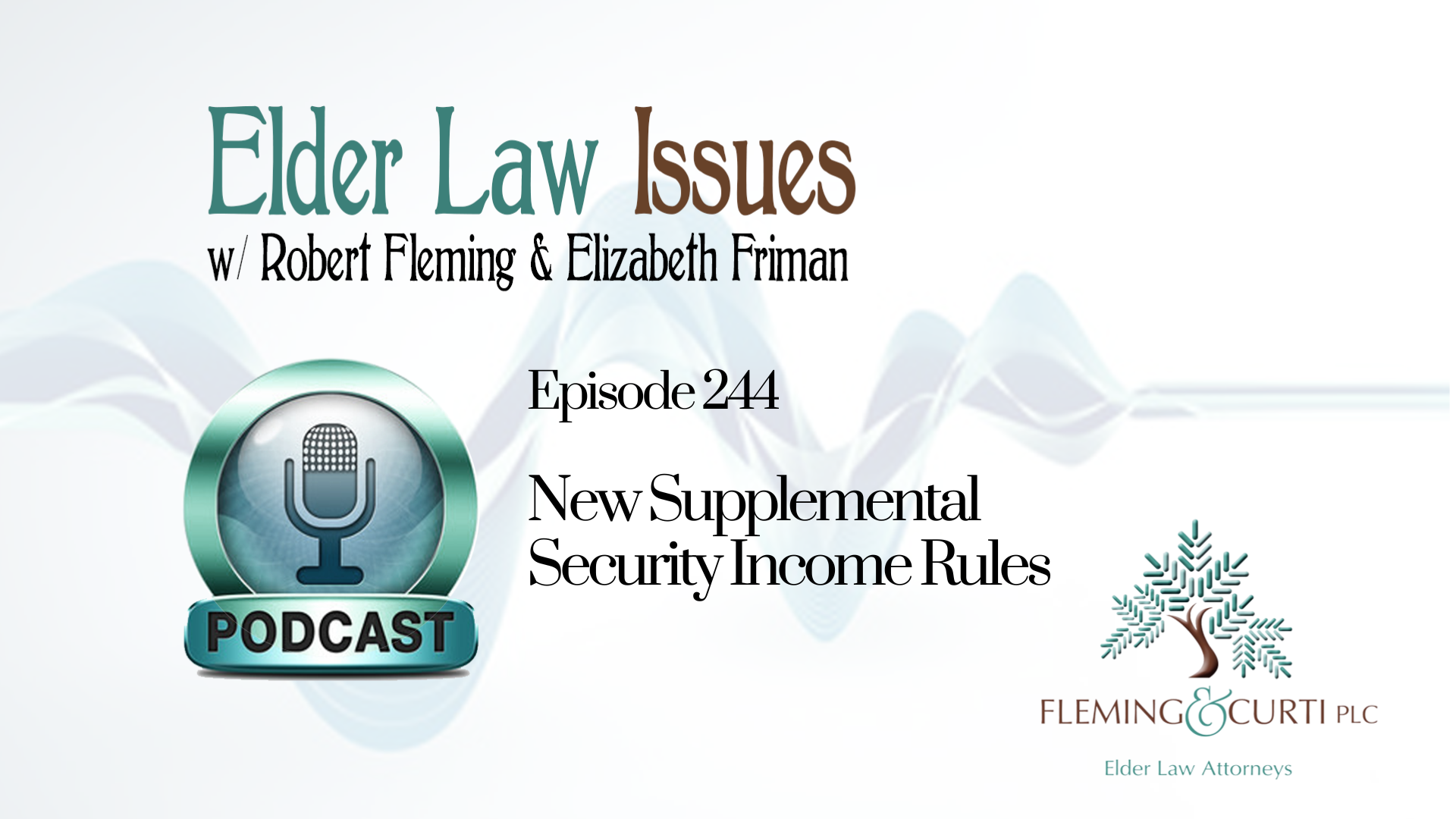Trusts
A trust is an arrangement based on—you guessed it—trust. The creator of the trust (variously called the trustor, settlor, or grantor – or even, sometimes, “creator”) conveys property to a third party (the trustee) to hold for the benefit of one or more other people (the beneficiaries). Central to the arrangement is that the trustor trusts the person named as trustee. The trust provides the terms the trustee must follow, which usually are rules about holding the property and benefiting the beneficiaries.
Trusts are vehicles that allow individuals to create flexible arrangements relating to the management of property. A Trust can be created for almost any purpose imaginable. In estate planning, the most common trust is a “revocable trust,” also referred to as a “living trust” or “inter vivos trust.” A revocable trust does everything a will does, and then some. Like a will, a trust provides direction regarding how assets are to be distributed a trustor’s death and names someone to administer the estate. Naming the trustee is a key decision; many name family members, but if that is not appropriate or possible, a private fiduciary (like Fleming & Curti) may be another option.

Unlike a will, a trust provides for management of financial affairs during the trustor’s lifetime. Usually, the trustor serves as her own trustee, at least initially. If she becomes unable to manage the trust assets, a successor trustee steps in to act. There can be alternate arrangements where the trustor is able to continue managing the trust with the assistance of a co-trustee. A trust helps plan for incapacity and helps avoid a conservatorship proceeding in court.
At the trustor’s death, a trust is not subject to probate. The administration of a trust is shared only with beneficiaries and does not involve court oversight. These are the primary reasons most people choose to incorporate a trust into their estate plans.
A revocable trust functions best when it is properly “funded.” Most of the trustor’s assets should be transferred to the name of the trust or pay to the trust on death of the trustor (by, for instance, beneficiary designations). Most trusts are revocable and amendable by the trustor during their lifetime.
A trust can and should be customized to address specific needs of the trustor’s circumstances. A trust may be structured to avoid or minimize estate tax, prevent a surviving spouse from disinheriting children, preserve public benefits for beneficiaries with disabilities, and set up management of inheritances for beneficiaries with challenges such as addiction, divorce, or financial difficulties.
A trust also may be created in a will, and those trusts are labeled “testamentary.” While a testamentary trust will not avoid probate (since the will must be admitted to probate to set up the trust), it nonetheless can be a valuable estate planning tool. Testamentary trusts are especially useful for providing for the continuing care of minor children.

I need help with:
How we're different

- Chris T
Podcasts
Subscribe to our Newsletter
Subscribe to our newsletter to get our takes on some of the situations families, seniors, and individuals with disabilities find themselves in. These posts help guide you in the decision-making process and point out helpful tips and nuances to take advantage of. Enter your email below to have our entries sent directly to your inbox!



